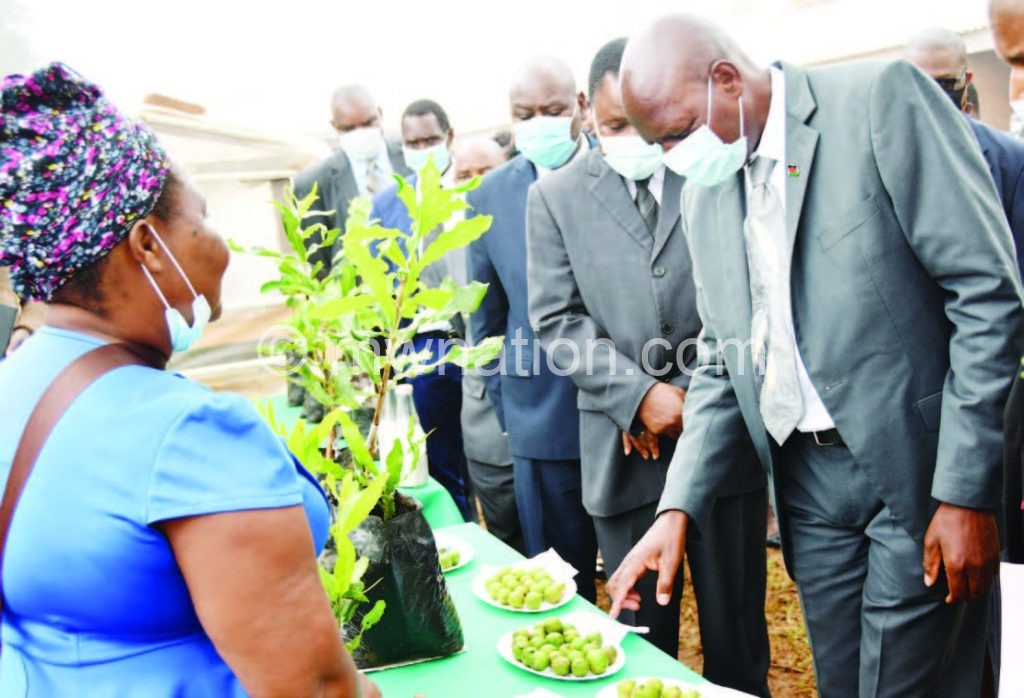Minister for local research
Agricultural scientists have said Malawi can easily become a regional hub for scientific innovations if the sector had adequate support.
The sentiments were made on Monday at Bvumbwe Research Station in Thyolo during the official opening of the 2020/21 Department of Agricultural Research Services (DARS) 2020/21 Review Meeting.

During the meeting, which brought together various heads of agricultural research institutions and scientists, the delegates highlighted key challenges in the research sector, including low funding levels, prevalent high vacancy rate, dilapidated research infrastructure and obsolete equipment.
Speaking on the sidelines of the meeting, DARS director Dr Wilkson Makumba acknowledged the stringent public sector financing towards agricultural research.
He said: “Research is expensive, especially agricultural research. Policy makers and stakeholders should be aware of this. The good thing about Malawi is that we have learned and dedicated scientists.
“However, with the meagre resources allocated for research, the sector is retrogressing. It is a pity that most research stations are struggling, barely to survive.”
According to records, out of the 1 344 total establishments prevalent in the department, only 949 positions are filled; translating to a 30 percent vacancy rate.
Responding to the concerns raised, Minister of Agriculture Lobin Lowe, who officially opened the two-week conference, said the task to revamp the country’s agricultural sector needs concerted efforts.
He said: “Of course it is a possibility and we are seriously looking into that. We ought to have known better as a country that without research, our economy, which is agro-based, is as good as dead.”
Bvumbwe Research Station agronomist Sophie Nambuzi, an expert in macadamia production, said the country can no longer ignore its research centres.
She said: My fear is that the gap that inconsistent public sector financing leaves is often filled by private donors who have their won interests.”





